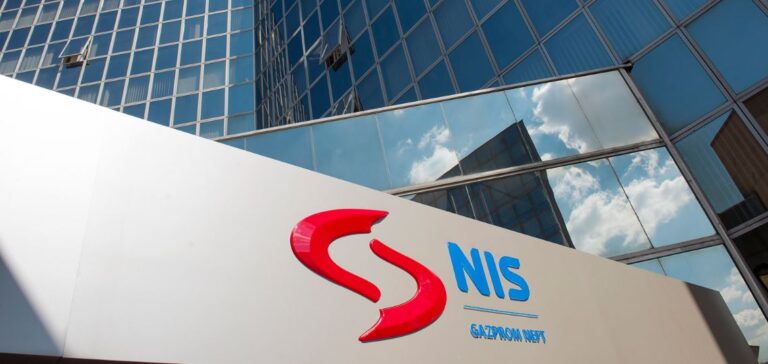The United States has extended by an additional 30 days the suspension of sanctions targeting Naftna Industrija Srbije (NIS), Serbia’s leading oil and gas company, which is majority-owned by Russian company Gazprom. The decision, announced on 28 March by Serbian President Aleksandar Vucic, comes as Belgrade continues its energy discussions with Moscow ahead of the contractual deadline set for 31 May.
NIS operates the only refinery in Serbia and represents a strategic cornerstone in the country’s energy supply. The shareholding structure of NIS shows a clear Russian majority: approximately 45% of the shares are held by Gazprom Neft, a subsidiary of Gazprom, 11% by Gazprom directly, while the Serbian government holds close to 30%. The remaining shares are owned by various minority shareholders.
American pressure and energy dependence
Listed among companies targeted by U.S. sanctions against the Russian energy sector in January, NIS was expected to face restrictive measures such as the forced divestment of Russian interests or nationalisation. However, Washington had already postponed enforcement once in late February, and has now pushed it back again until the end of April.
Aleksandar Vucic welcomed the decision on social media, thanking U.S. authorities for their “understanding.” Serbia, which has never imposed sanctions on Russia despite the ongoing war in Ukraine, continues to maintain close economic and political ties with Moscow.
Ongoing negotiations with Russia
In early March, Aleksandar Vucic discussed the sanctions and a future gas supply contract with Russian President Vladimir Putin. These talks addressed both political cooperation mechanisms and the negotiation of a new gas supply agreement, which is vital to ensuring Serbia’s energy continuity beyond 31 May, when the previous agreement signed in 2022 is due to expire.
Serbia’s energy dependence on Russia, particularly through NIS, makes any decision concerning sanctions highly sensitive from both an economic and geopolitical standpoint. This context directly influences the ongoing talks, as Belgrade must navigate between its international commitments and domestic energy interests.






















